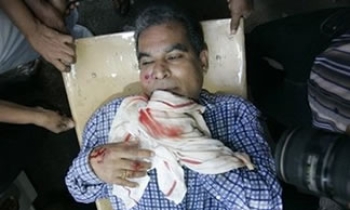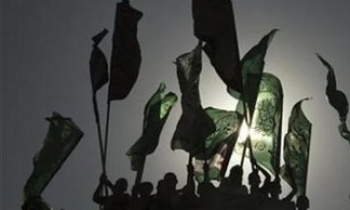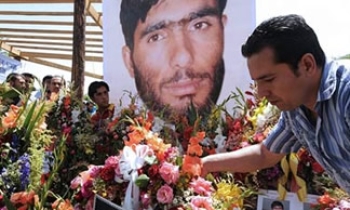In the world’s second most populous country, 12 senior U.S. editors and producers met with a wide cross-section of Indians, from the country’s prime minister to AIDS-infected commercial sex workers, from a billionaire CEO of a high-tech company to vendors in a low-income New Delhi market.

The two-week trip to India in March 2005 sought to provide the editors with a broad view of the diversity of the country. The Gatekeepers began their trip in New Delhi, continued to Bombay and ended in Bangalore. Each city presented a different glimpse into the contrasts of a democratic country with more than one billion citizens.
In addition to an interview with Prime Minister Manmohan Singh, the group met with Finance Minister P. Chidambaram, who spearheads much of the government’s efforts continue economic liberalization that has sparked the country’s growth in the past decade. Other Delhi meetings included sessions with diplomats, India’s foreign secretary, members of the Indian and foreign press corps, the head of the national association of software manufacturers, business leaders, academic experts on religion and a leader of an activist group working with women vendors in a local marketplace.
In Bombay, the editors interviewed several filmmakers from "Bollywood," the Indian movie industry that churns out more films than any other in the world. They also met with top executives of Reliance, the largest company in India, and with doctors and social activists working to help commercial sex workers infected with HIV/AIDS, which some experts predict is on the verge of a major spread throughout the country.
In Bangalore, the editors met with Nandan Nilekani and Azim Premji, the CEOs of Infosys and Wipro, two of India’s largest high-tech companies that have made the southern Indian city one of the leaders in global outsourcing and services for multinational firms.
The editors said the trip gave them a better understanding of the great differences within India, as well as the country’s importance to the world. "You get a great perspective from inside the country, invaluable for seeing the story through a different lens," said Jill Abramson, managing editor of The New York Times. Another participant, Mickey Hirten, executive editor of the Lansing State Journal, said: "What’s happening in India has and will have a very real effect on Americans. There are so many lessons, so many insights."
Organizations and individuals participating in the trip were:
- Anniston (AL) Star: Troy Turner, executive editor
- Business Week : Michael Serrill, senior editor, international
- Charlotte Observer : Alexandra Felsing, national editor
- Lansing State Journal : Michael Hirten, executive editor
- Lexington Herald-Leader : Vanessa Gallman, editorial page editor
- "Marketplace" Public Radio : Julie Small, Asia editor
- National Public Radio : Gwendolyn Thompkins, senior editor, "Weekend Edition"
- Newsday : Lonnie Isabel, deputy managing editor
- The New York Times : Jill Abramson, managing editor
- Providence Journal : Paul Tooher, assistant managing editor
- San Francisco Chronicle : Andrew Ross, executive foreign and national editor
- U.S. News & World Report : Terry Atlas, assistant managing editor









